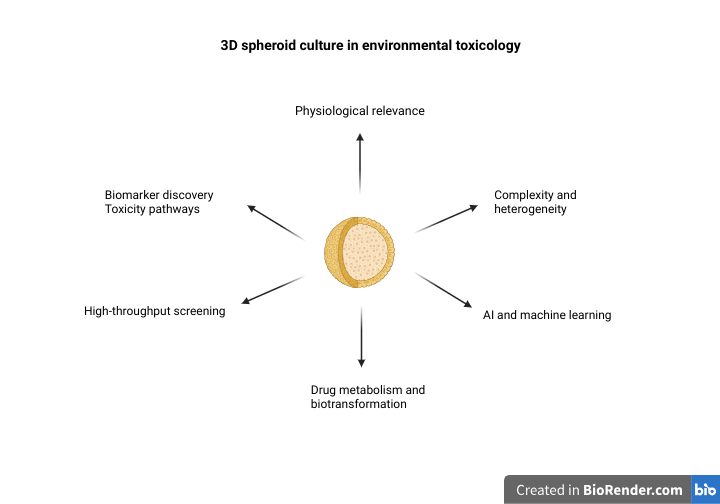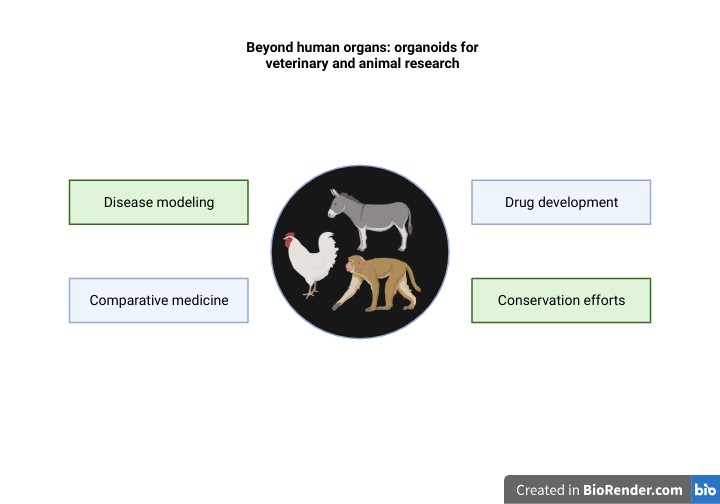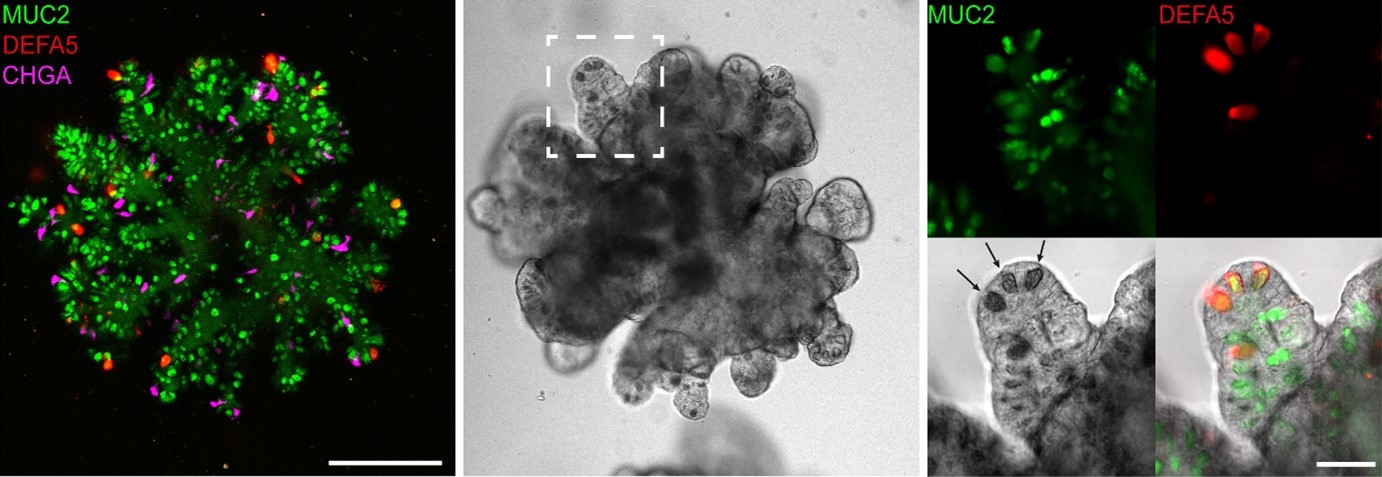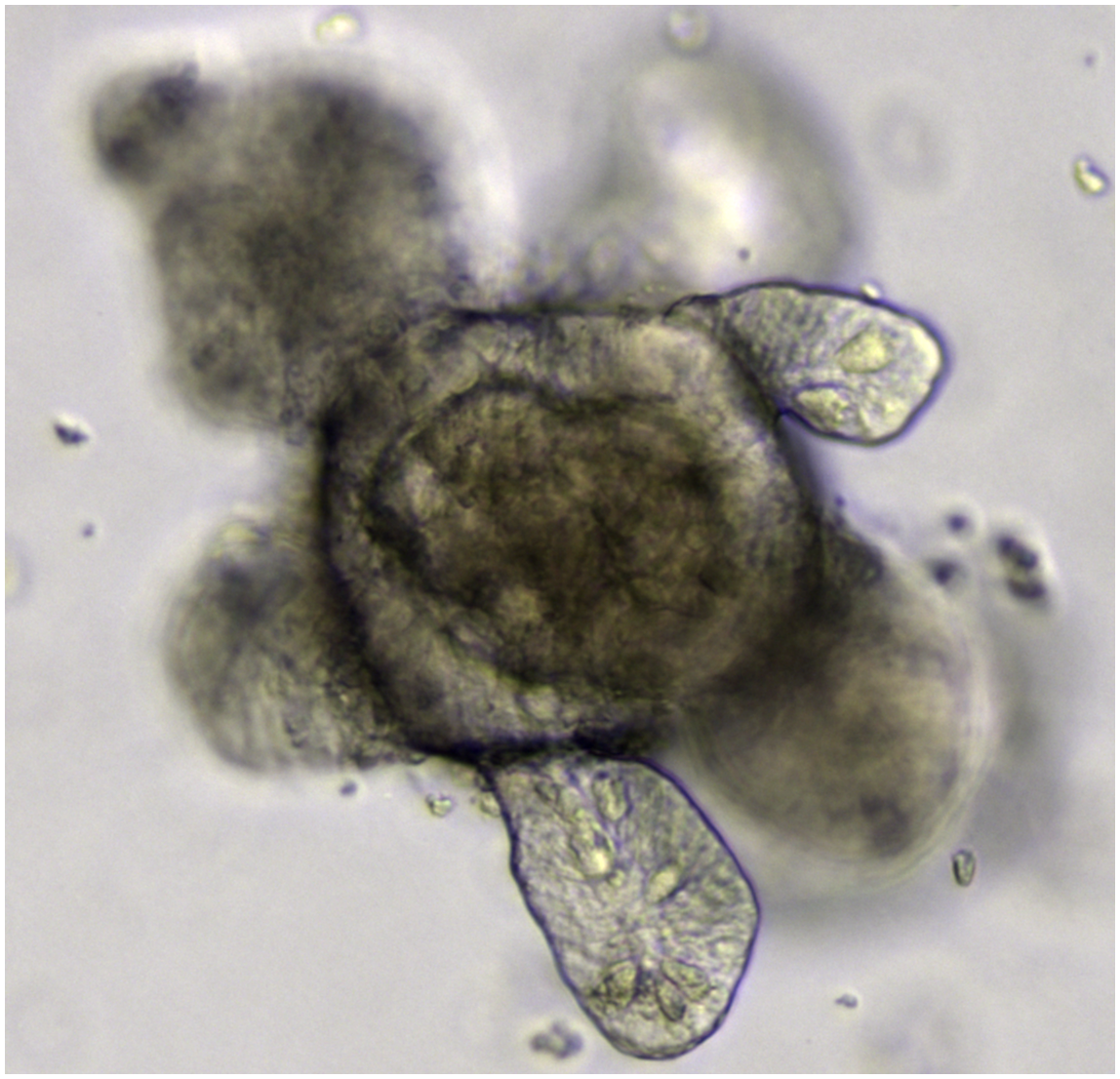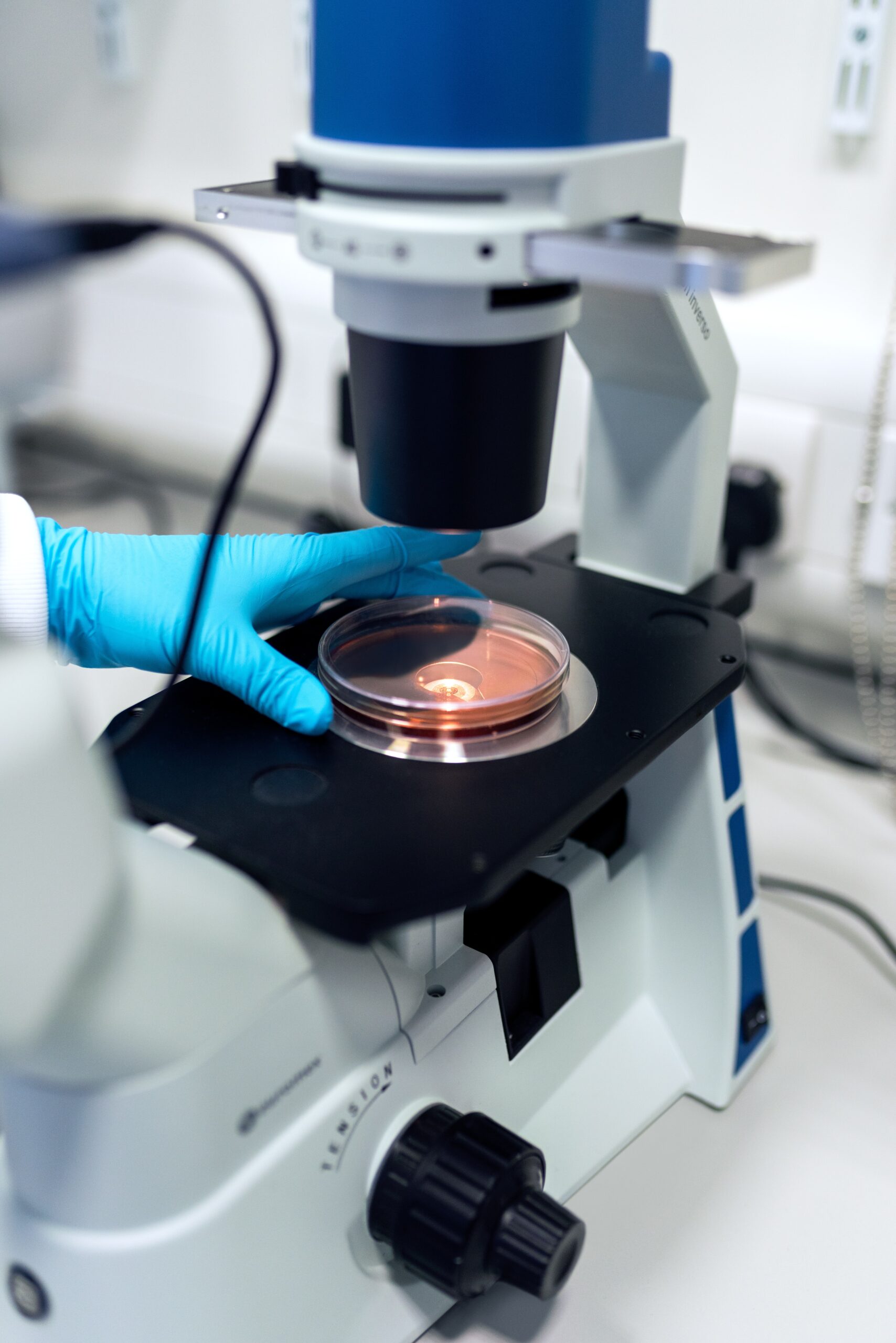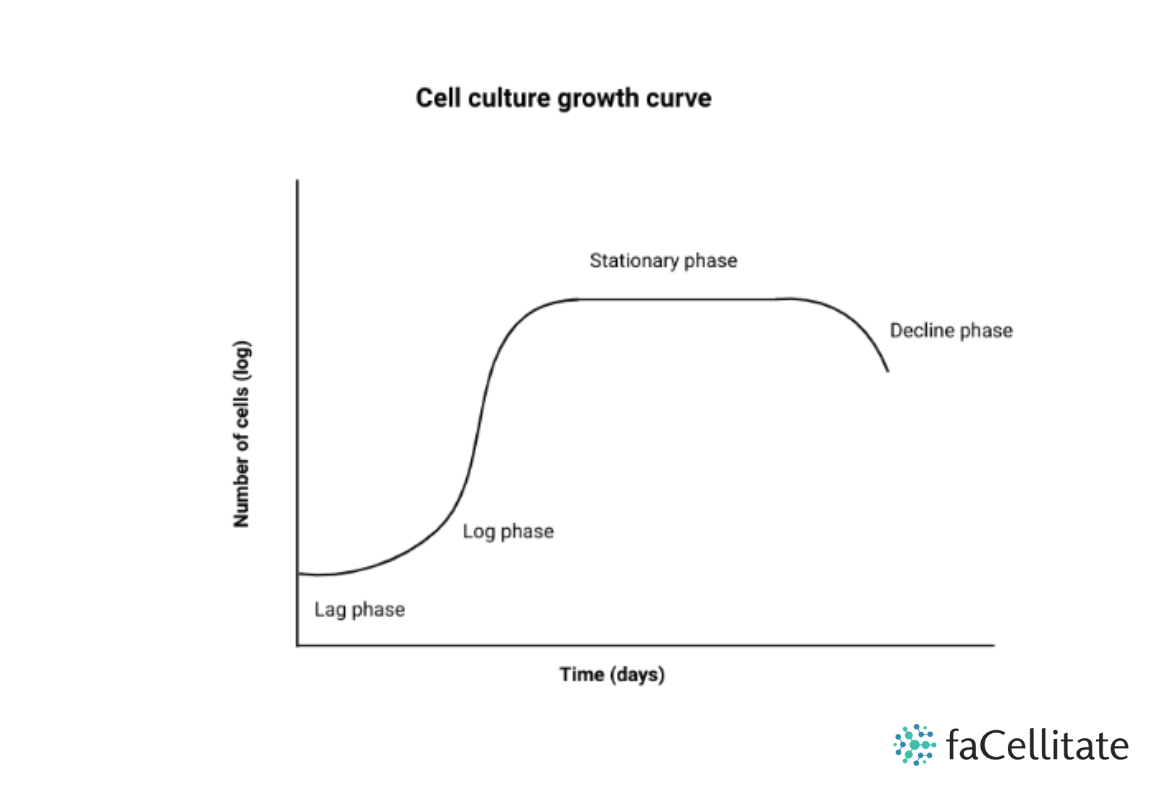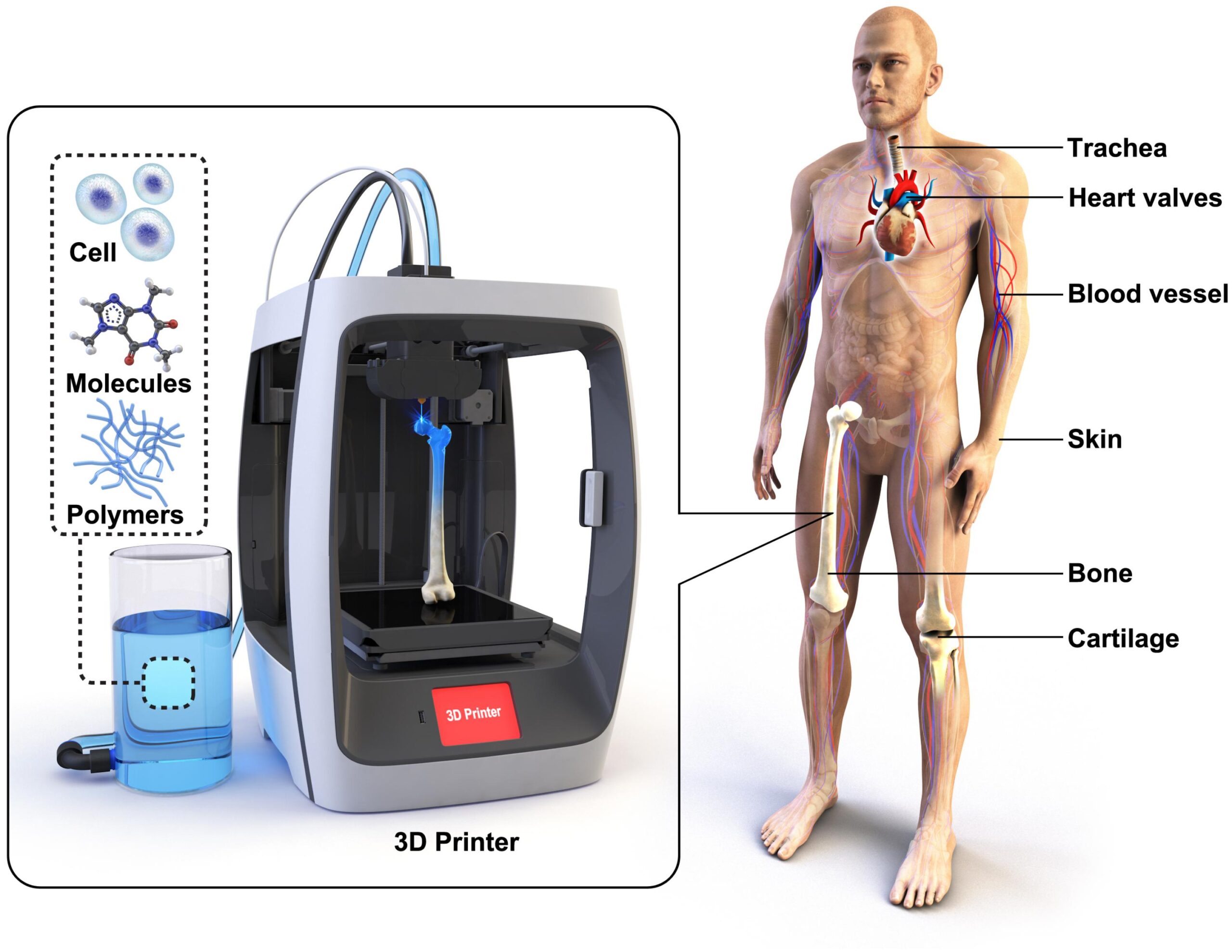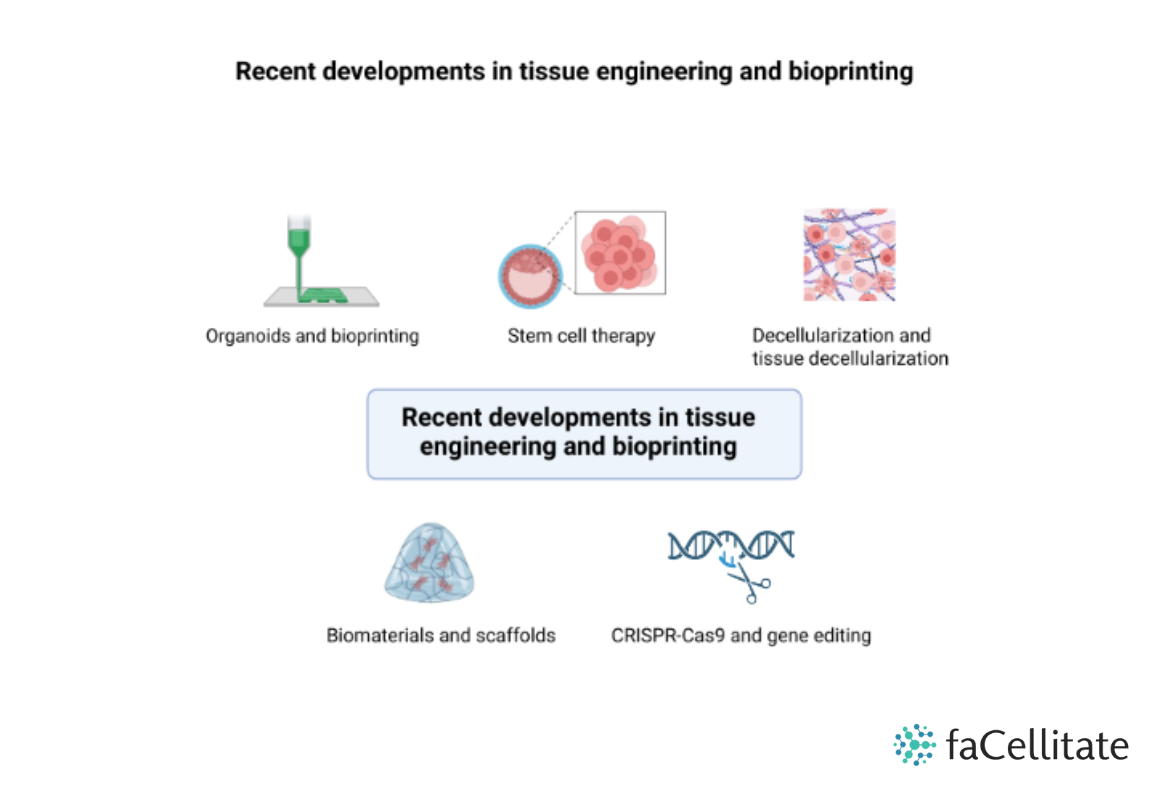3D spheroid culture in environmental toxicology
Spheroid culture has found applications in the field of environmental toxicology as a valuable tool for assessing the effects of environmental contaminants, pollutants, and chemicals on biological systems. The spheroid cell culture approach provides several advantages for toxicological studies related to
Bioreactor systems in tissue engineering
Bioreactor systems play a crucial role in tissue engineering by providing a controlled and dynamic environment for the growth and development of engineered tissues. These systems mimic the physiological conditions necessary for tissue formation, ensuring that the cells receive adequate
Beyond human organs: Organoids for veterinary and animal research
The remarkable advancements in organoid technology, initially developed to model human tissues, are transcending species boundaries and ushering in a new era of veterinary and animal research. This article delves into the expanding realm of organoids in veterinary and animal research,
Ethical and legal considerations of organoid Research
The emergence of organoid technology has opened new frontiers in biomedical research, offering unprecedented insights into human development, disease modeling, and drug testing. However, with these exciting advancements come complex ethical and legal considerations that must be carefully navigated (1,2,3,4). Informed
Gut-on-a-chip: mimicking the human intestine with organoids
The human gastrointestinal system is a complex and vital component of overall health, playing a crucial role in digestion, nutrient absorption, and immune response. Recent research in biotechnology has led to the development of innovative tools for studying the gut's
Combining organoids with artificial intelligence: accelerating discoveries
The convergence of two cutting-edge fields, organoid technology, and artificial intelligence (AI), has ignited a new era of scientific exploration with the potential to revolutionize biomedical research and drug discovery. The article provides a summary of how, by synergizing the
7 Key Applications of cell culture in Research
Cell culture has a wide range of applications across various fields of research and the medical industry. This article summarizes some key applications of cell culture (1,2,3): 1. Basic research: Cell culture is extensively used in basic research to study cell behavior,
Introduction to cell culture growth stages
Cell cultures cannot be grown indefinitely due to the ever-increasing number of cells in a confined area, consumption of nutrients, and increase in toxic metabolites which eventually result in cell death. In cell culture, the growth of cells typically occurs in
Key differences between tissue engineering and 3D bioprinting
Tissue engineering and 3D bioprinting are distinct but related fields sharing the common goal of creating functional and living tissues. This article differentiates how tissue engineering and 3D bioprinting are different from each other: Definition Tissue Engineering: Tissue engineering is a multidisciplinary field
Recent developments in tissue engineering and bioprinting
Organoids and bioprinting Researchers have been able to create miniature, simplified versions of organs called organoids for various tissues, such as the liver, kidney, brain, and gut, providing valuable tools for studying organ development, disease modeling, and drug testing. Bioprinting uses


